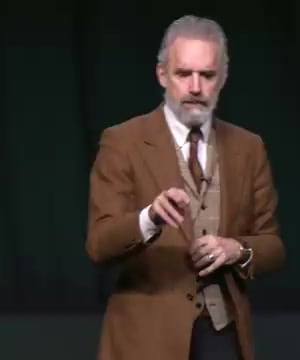Logocentric culture
Sources:
The concept of "logocentric culture" has been critically examined by several experts, notably within the framework of Western philosophical and religious thought. Here are some key insights:
-
Derrida’s Critique:
- Jacques Derrida criticized Western thought as "phallogocentric"—combining "phallus" (masculinity) and "logos" (reason or word). He saw this emphasis on hierarchical and patriarchal structures as problematic. discussed this critique, noting that Derrida aimed to challenge the centrality of logos by bringing the margins to the center, thereby inverting traditional hierarchies 1.
-
The Role of Logos in Western Tradition:
- Logos plays a foundational role in Judeo-Christian thinking, symbolizing the divine word that creates order from chaos and embodies in the figure of Christ. This idea emphasizes the intrinsic connection between honest speech, creation, and inherent order 1.
- In Greek philosophy, logos represents an intrinsic order to the world, guiding individuals to act harmoniously with this order. Socrates' idea of the "daemon" reflects this intrinsic structure of the world manifesting within individuals 2.
-
Logos in Modern Discussion:
- emphasized that logos is about gathering things so they belong together in a coherent, dynamic fashion, translating to logic and meaningful dialogue. The loss of such meaningful dialogue, replaced by zero-sum debates, diminishes our capacity for true discourse 3.
These discussions highlight the complexities and ongoing debates around the concept of logos and its centrality in Western culture.
RELATED QUESTIONS-

